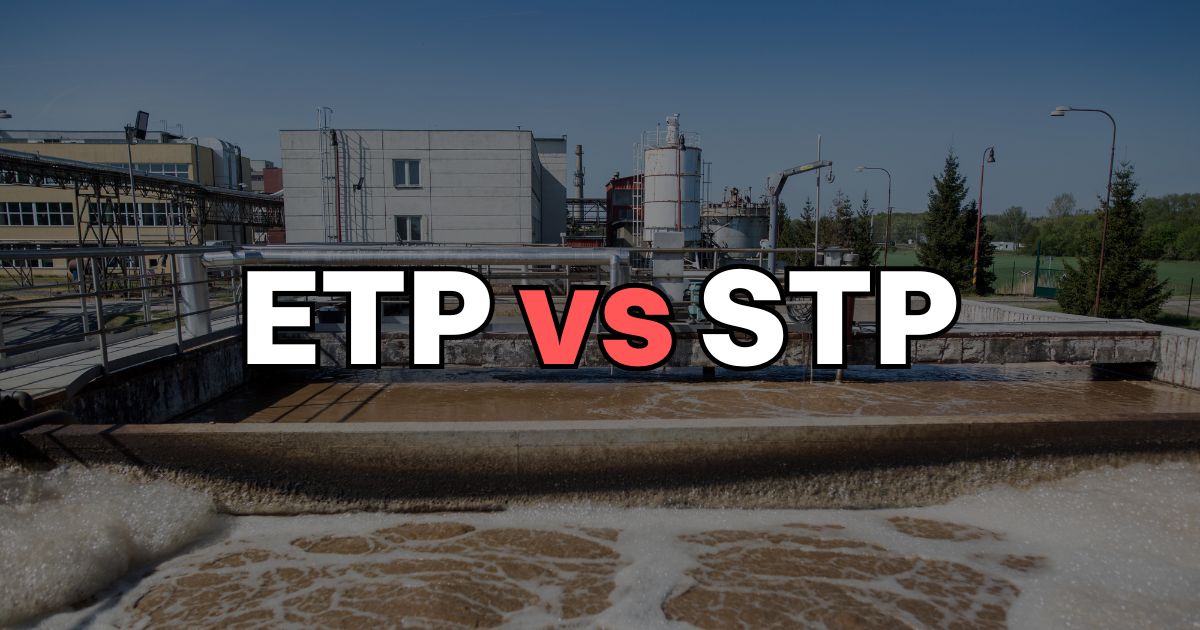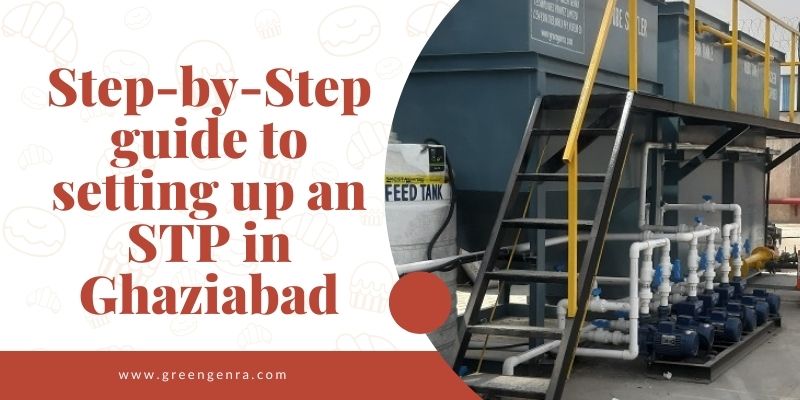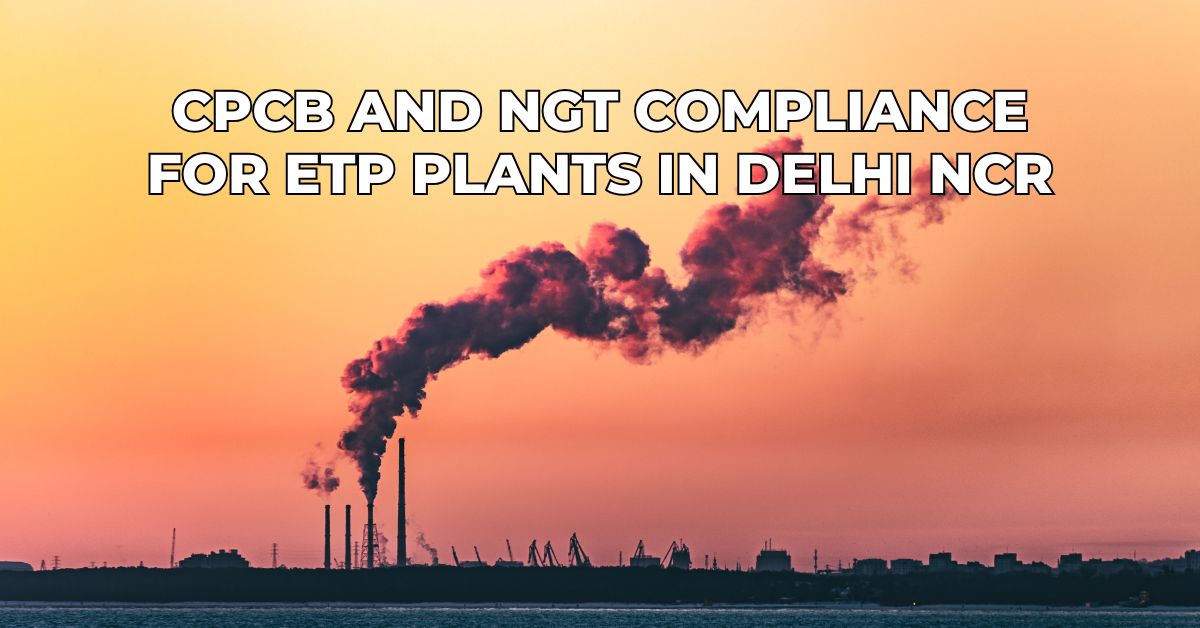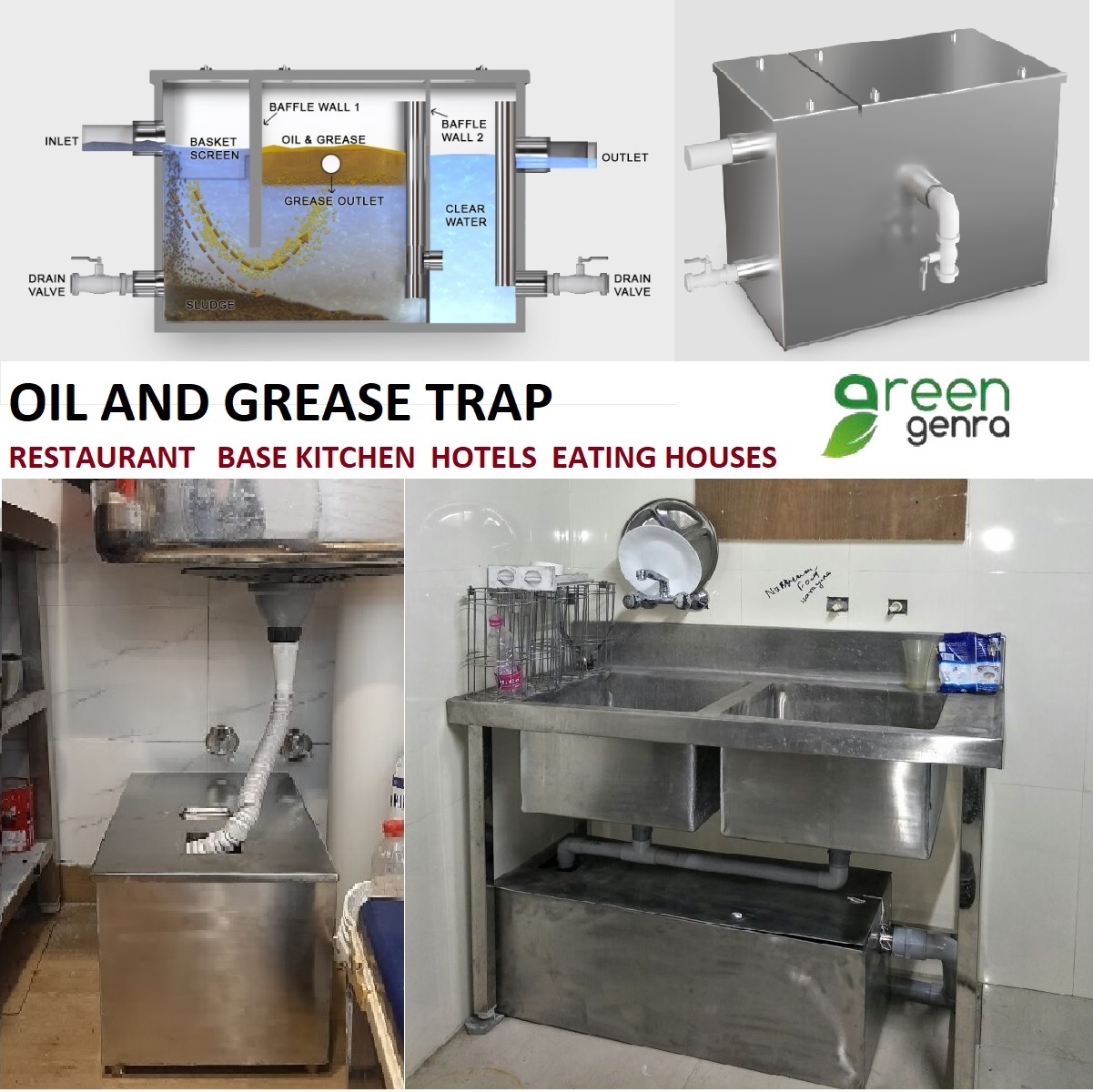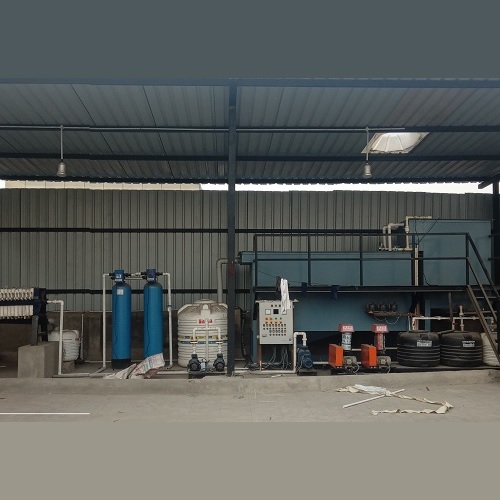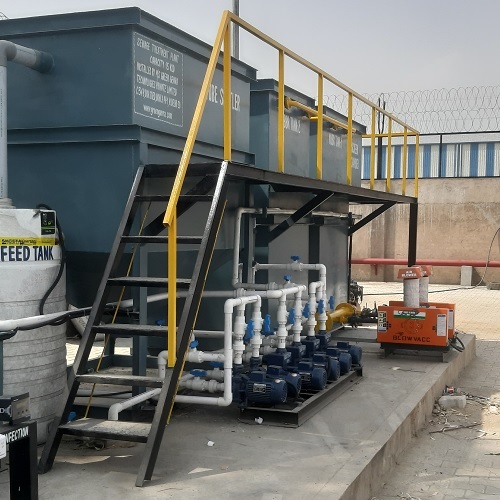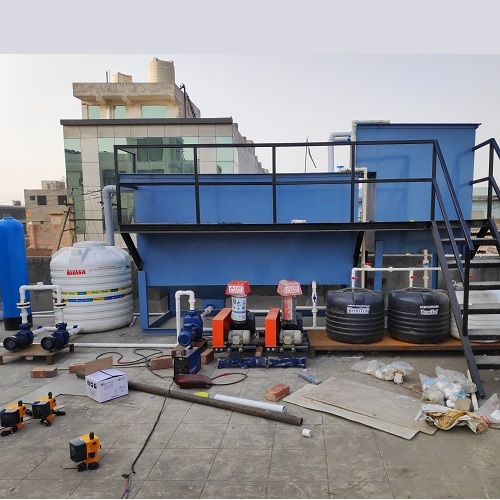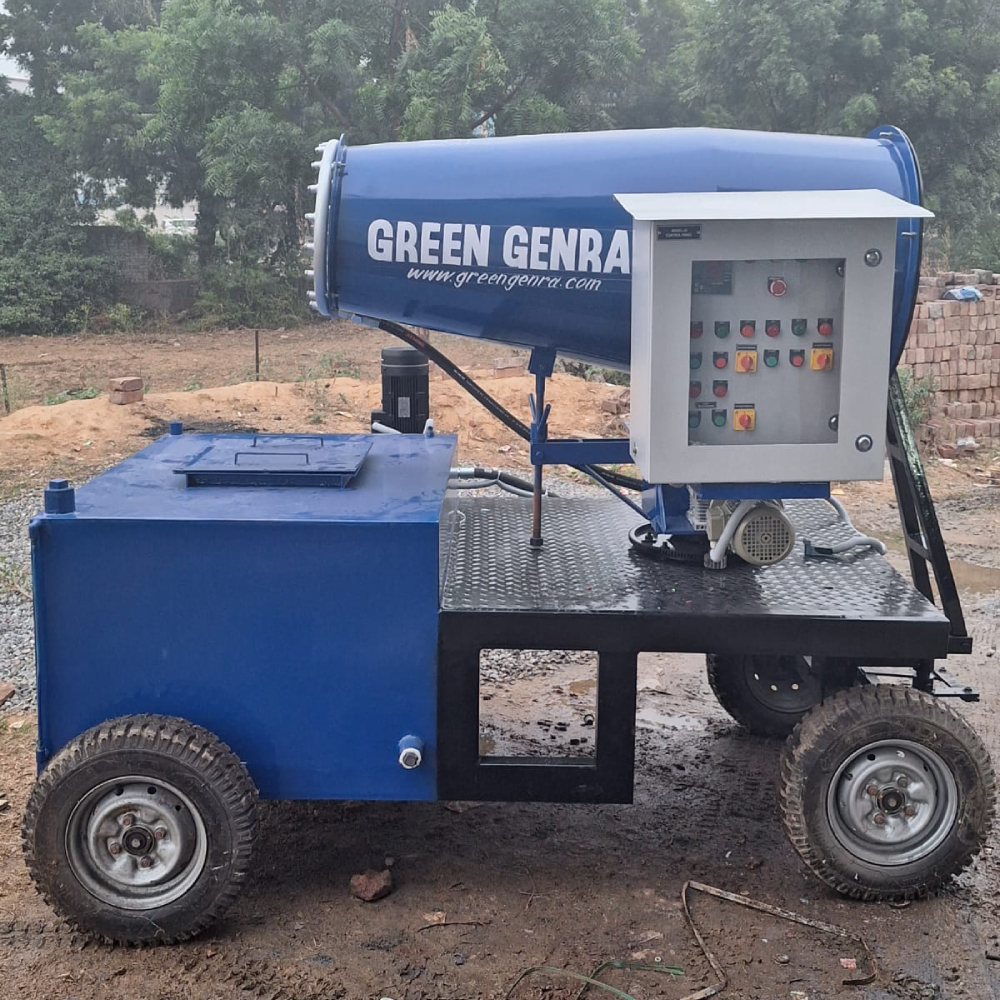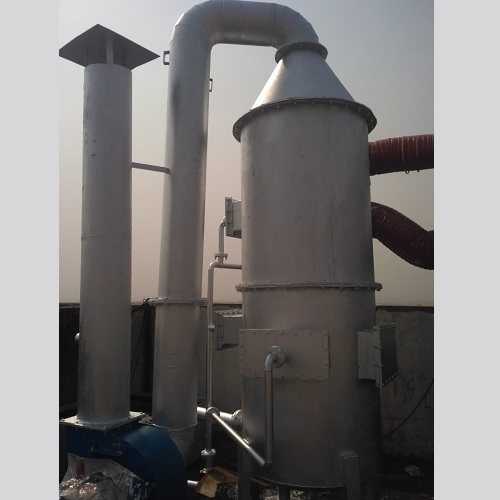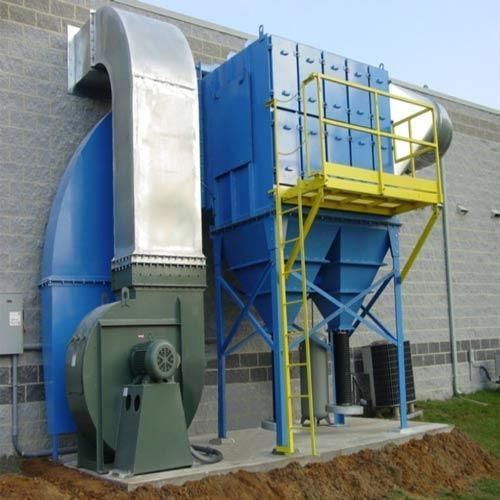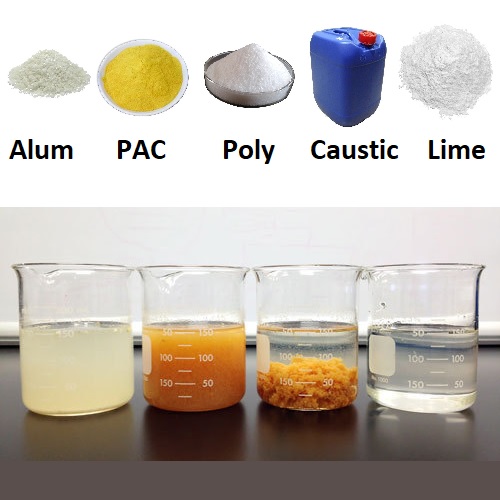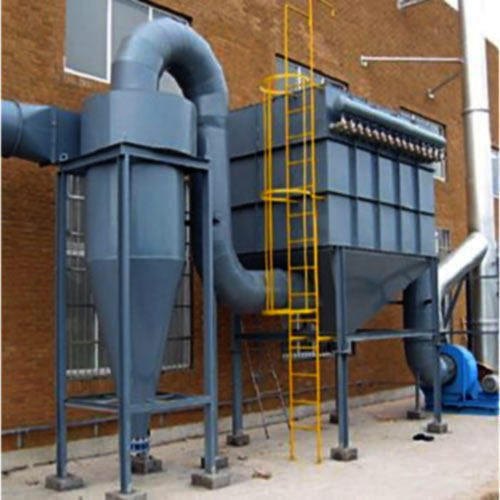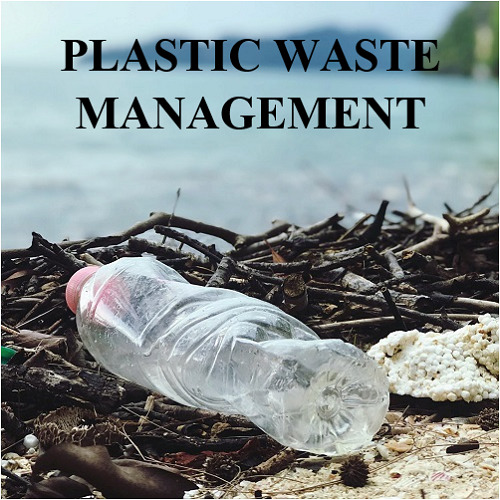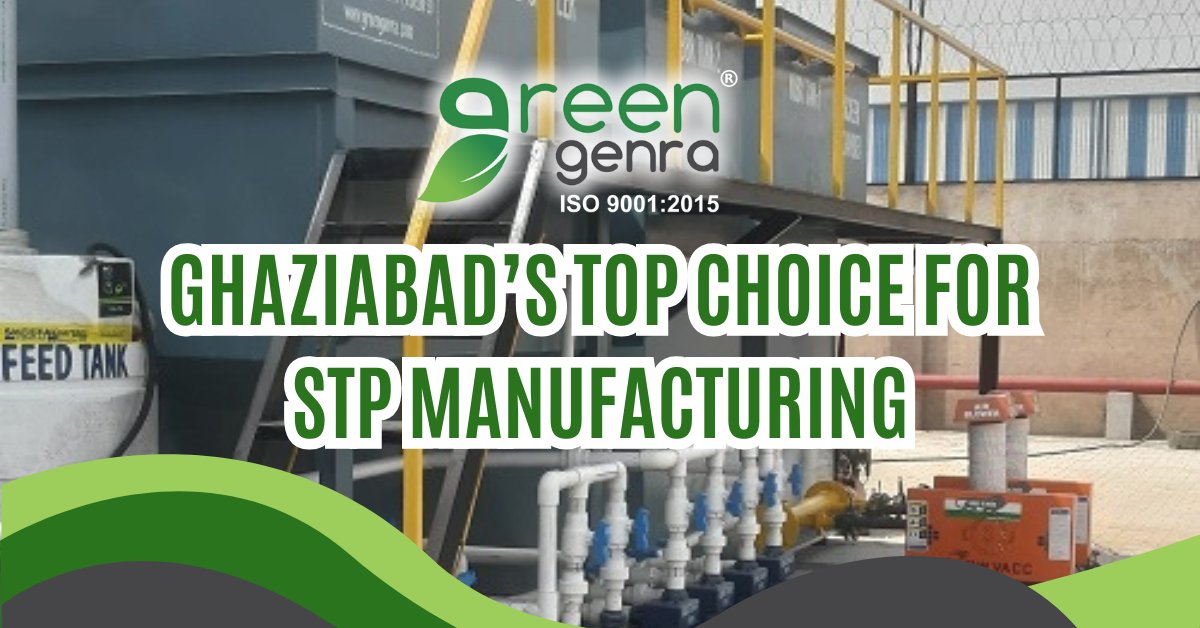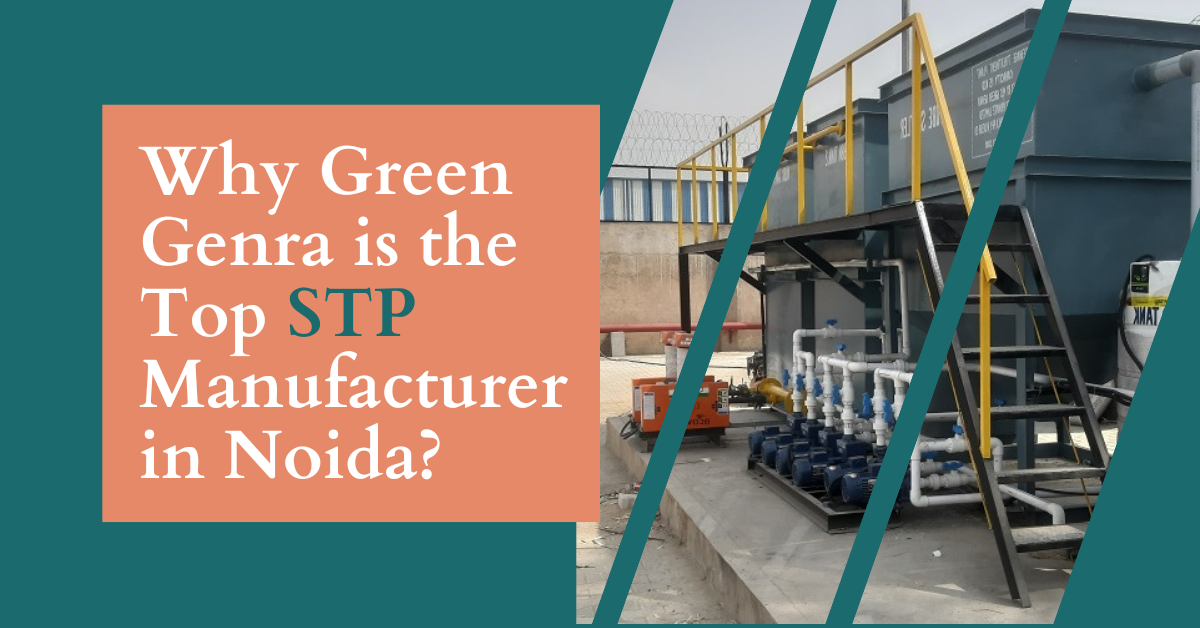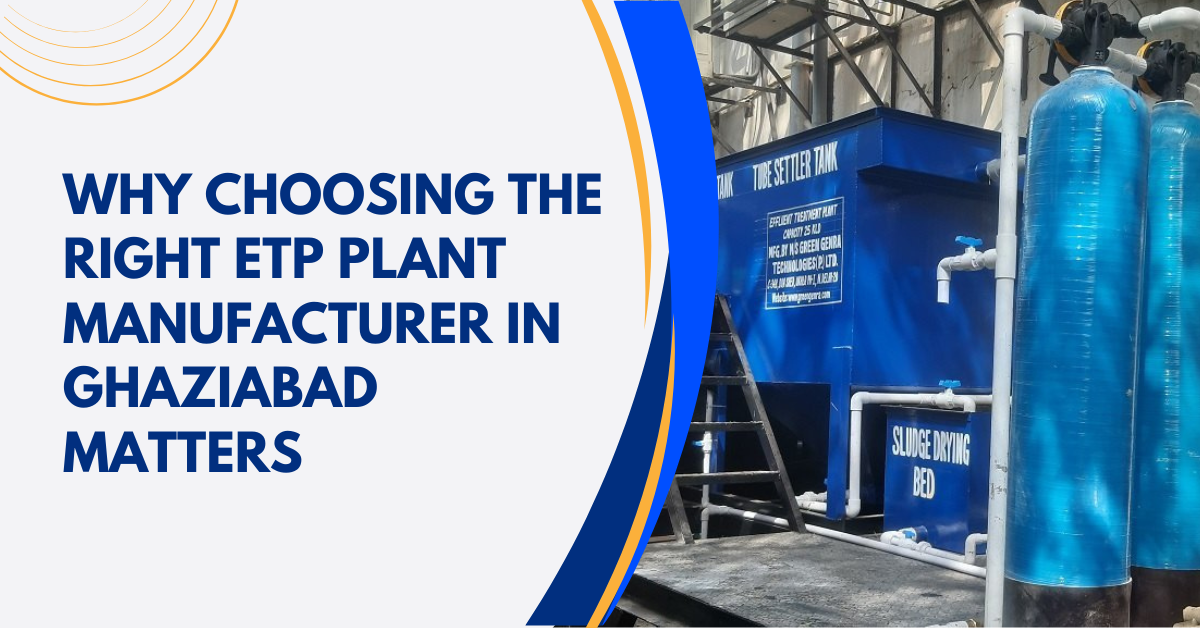Water Expo 2025 in New Delhi 28-30 August 2025 | Pragati Maidan, New Delhi India 20th Everything About Water Expo 2025 ...
How many types of ETP are there?
Effluent treatment plant is a facility designed to treat wastewater or effluent water from various commercial, industrial and agricultural processes.
The main purpose of ETP plant procured from a reliable ETP plant supplier Noida is to remove pollutants and contaminants from water, making it safe for discharge back to the environment or for reuse within the facility.
Effluent treatment plant is categorized by the type of treatment processes they employ. The various types of ETPs reflect nature of waste water being treated and the specific contaminants that need to be removed.
1. Physical treatment plant: The type of ETP removes suspended solids and sediments through physical processes like screening, sedimentation and flotation.
2. Chemical treatment plant: In this type of ETP chemical reactions are used to remove pollutants. Common processes include chemical precipitation, neutralization and flocculation. These methods are useful for removing dissolved metals and inorganic compounds.
3. Biological treatment plant: These ETP plants use microorganisms to biologically degrade organic pollution. They are subdivided into aerobic and anaerobic systems.
a. Aerobic treatment systems: They system use oxygen-demanding processes like activated sludge, trickling filters and rotating biological contractors to break down organic matter.
b. Anaerobic treatment systems: They operate in absence of oxygen and are effective for treating high-strength wastewater like that from sugar industries or breweries. They produce biogas as byproduct.
4. Combined treatment plant: Many effluent treatment plants employ a blend of physical, chemical and biological processes to meet specific regulatory standards or treat complex effluents. These systems are customized to the specific needs of the effluent being treated.
5. Advanced treatment plant: The advanced treatment plant use advanced or tertiary treatment processes that aims at polishing or refining the effluent to remove specific contaminants that survive primary and secondary treatment. The cutting-edge techniques include advanced oxidation process, membrane filtration, ion exchange and adsorption.
When seeking a best quality ETP plant, consider collaborating with a reliable ETP plant supplier Noida. The choice depends on various factors like nature of industrial process producing effluent, composition of wastewater, local environmental regulations and the desired quality of treated water, if it is to be reused.
FAQs
1. What is an ETP plant?
ETP plant is a facility designed to treat waste water to remove contaminants and pollutants before it is released back to environment or is reused.
2. What is the benefit of ETP plant?
ETP plant minimizes environmental pollution by treating wastewater to meet regulatory standards before discharge or reuse.
3. What are the applications of ETP plant?
ETP plant is used in varied industries like textiles, pharmaceuticals, and chemicals to treat and manage wastewater ensuring safe disposal or reuse.

































Are you planning to install ETP (Effluent Treatment Plant) or STP (Sewage Treatment Plant) in India? If so, understand the di...
Ghaziabad has witnessed an increase in several industries in the past few years. The continuously rising population and a gro...
Effluent Treatment Plant (ETP) from reliable ETP Plant Manufacturers play a key role in reducing industrial pollution by trea...
With the increasing levels of water contamination in Ghaziabad because of growing industries and a growing population, wastew...
Green Genre is one of the best STP manufacturers in Noida that designs, produces and installs sewage treatment plants in vari...
Effluent Treatment Plants or ETPs are important for industries in Ghaziabad to ensure environmental compliance ensuring effec...

